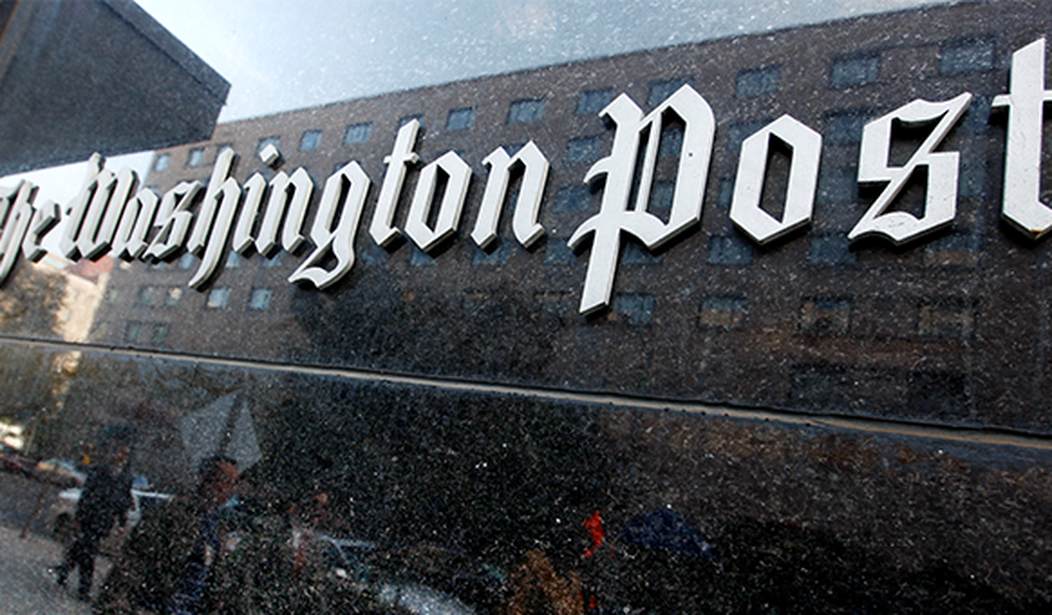Diversity, Equity, and Inclusion policies are not any of those things.
The nature of DEI is racism, sexism, and prejudice. Bottom line. It excludes people based on their race, sex, and identity in order to "elevate" those that the left deems as underprivileged or marginalized. There are no other criteria for DEI but what the left says there is, and as such, is a tremendously biased concept. Radicalization is built into the practice by nature.
Moreover, it's unclear what good DEI has done for society. While some individuals might have benefited from the practice, society has definitely begun to erode from it. The danger of DEI is that it sacrifices skill and merit to reward someone for having a specific identity.
As such, DEI becomes a nuisance in some industries such as entertainment, and deadly in others, such as the medical and avionics fields.
(READ: DEI Is Turning Deadly)
(READ: Flyers Purposefully Avoiding Flights on Boeing Planes as Safety Concerns Become Impossible to Ignore)
However, we had indications that the DEI practice was starting to die off. As I wrote in March, the left began to get pretty weird about the DEI cause, with people like MSNBC's Joy Reid uploading short videos to the internet bizarrely insinuating that complaints about DEI are somehow just white people's code for saying the "N-word."
But an interesting development has occurred with the fact that the Washington Post has now come out against DEI requirements for colleges.
The WaPo editorial board released an article detailing how DEI requirements in colleges too often stifle speech and force people to adhere to certain ideologies, and uses MIT as a guiding star to follow for other colleges:
In doing away with DEI statements, MIT was not abandoning the goals of greater diversity, equity and inclusion, which remain not only valid but also vital. DEI programs can have an important place. They should not be abolished or undermined — as red states such as Florida and Texas have done, by forbidding the use of state funds for DEI in public universities. Reshaping universities via such a heavy-handed use of state power could set a dangerous precedent for academic freedom more generally.
[...]
The last thing academia — or the country — needs is another incentive for people to be insincere or dishonest. The very purpose of the university is to encourage a free exchange of ideas, seek the truth wherever it may lead, and to elevate intellectual curiosity and openness among both faculty and students. Whatever their original intent, the use of DEI statements has too often resulted in self-censorship and ideological policing. Fundamentally reconsidering them could actually strengthen DEI, by placing it on a more sustainable basis — intellectually and politically. MIT is one of the first to tackle the issue; here’s hoping it won’t be the last.
Let's be honest. The reason for this rejection of DEI on college campuses, but not in other professions or industries, is probably because some of the people at WaPo were being influenced by someone they knew at these Universities to justify their rejection of DEI since it was complicating their lives. Everyone else be damned, they have to save the tenured professors who notice their students becoming more and more abrasive every day over DEI requirements, and they smell trouble in the air.
Regardless, this is an admission that DEI is a problem-causing idea that pollutes and erodes everything it touches. Hilariously, the modern DEI movement as we know it today was likely refined and pushed out by academia itself.
But if even academia doesn't want it to the point where it's banning DEI requirements, and states are banning it, and even WaPo is selectively denouncing it, and businesses are losing money because of it, then how much longer does the practice actually have?
One thing is for sure, if it is dying, it's not dying fast enough. Let's just hope it finds itself in the grave before DEI puts anyone there itself...if it hasn't already.














